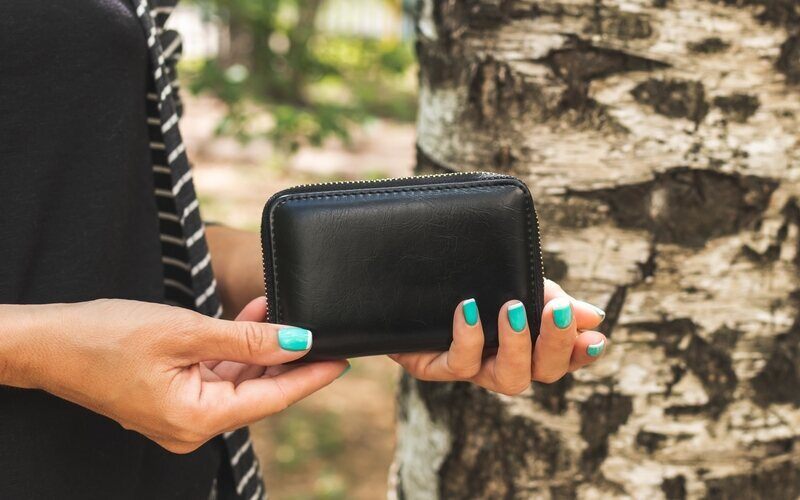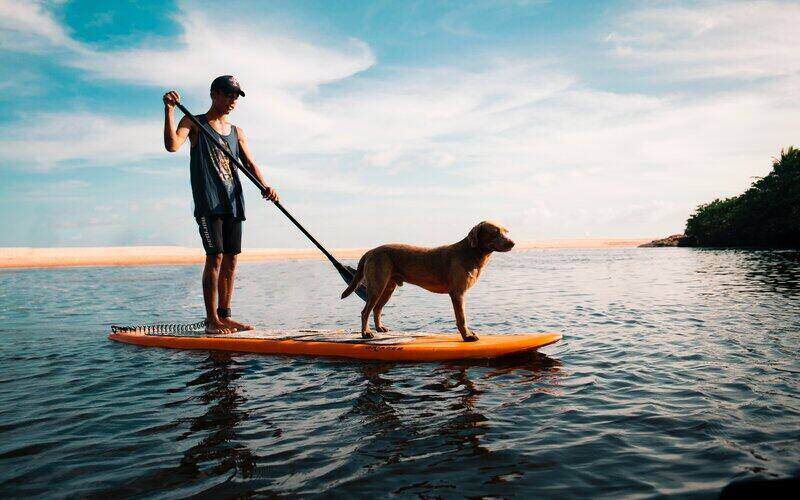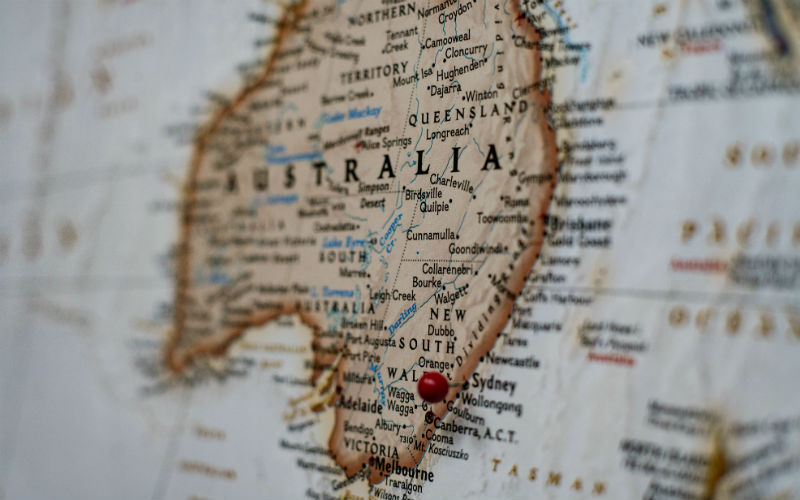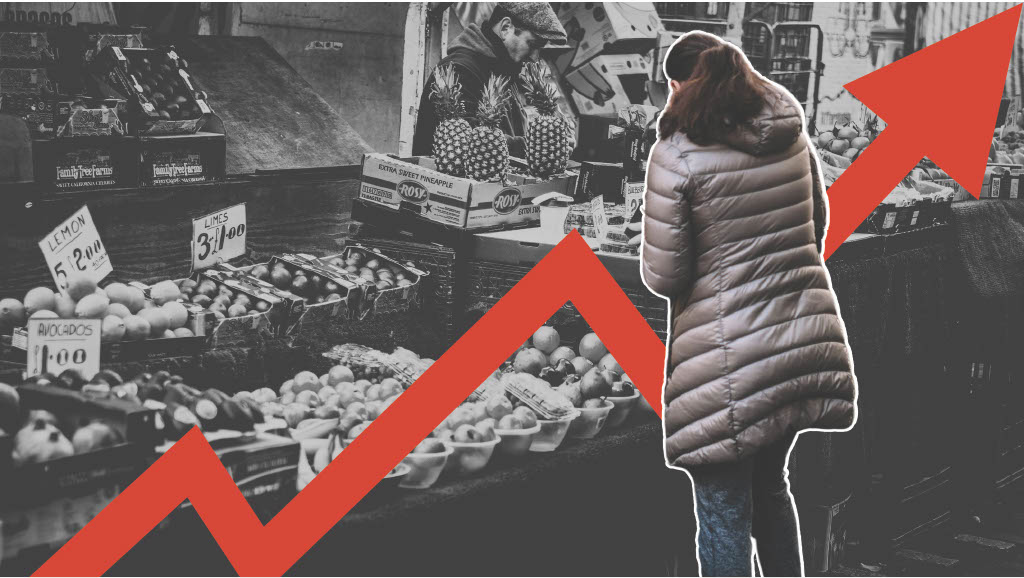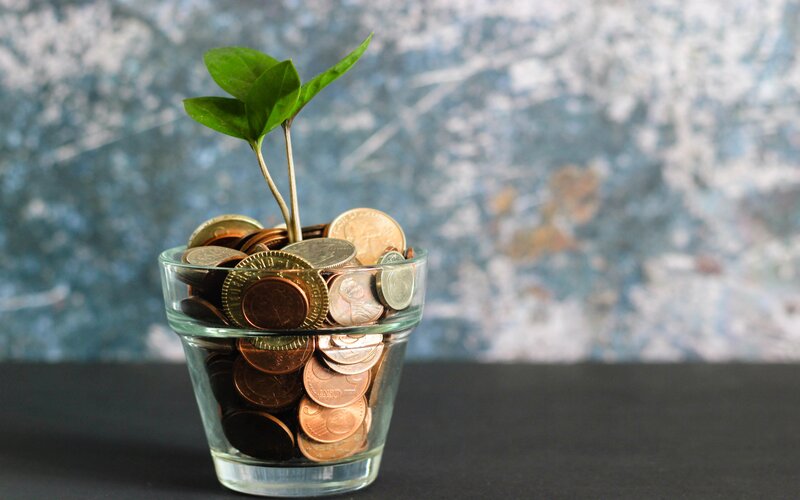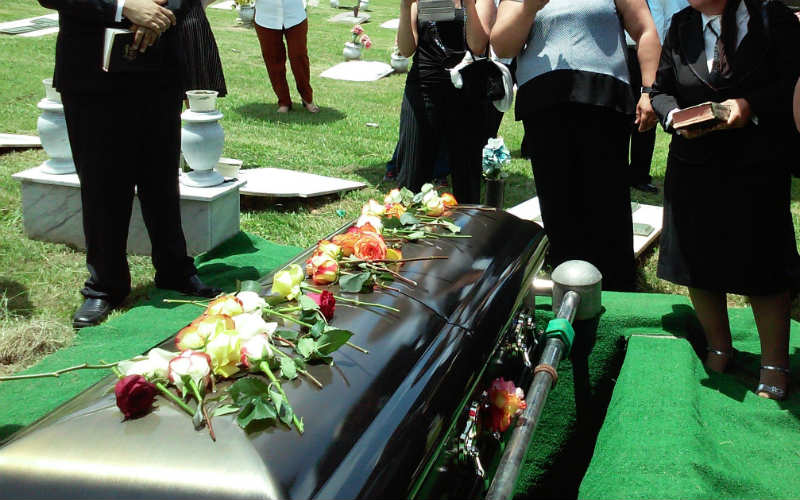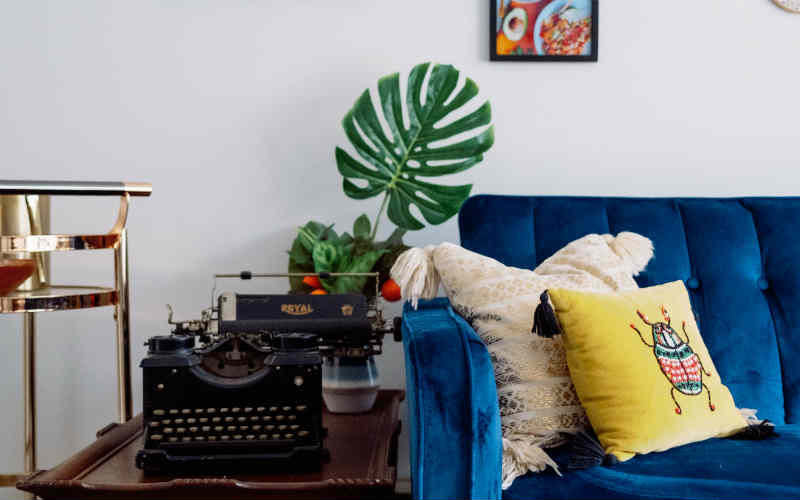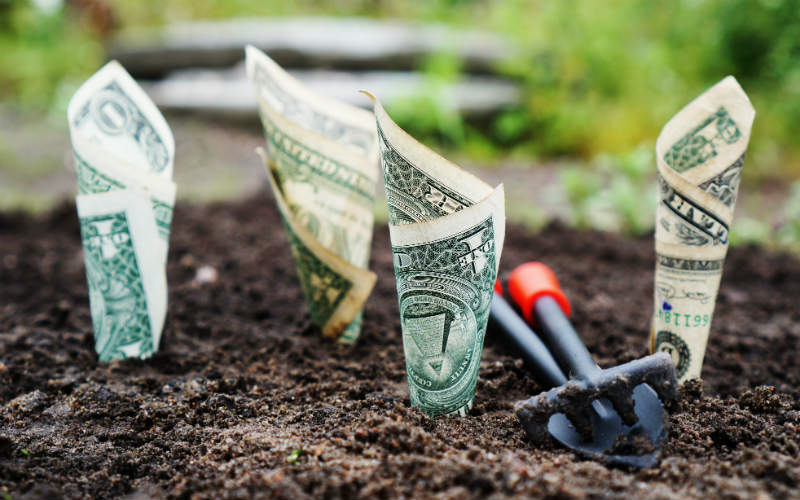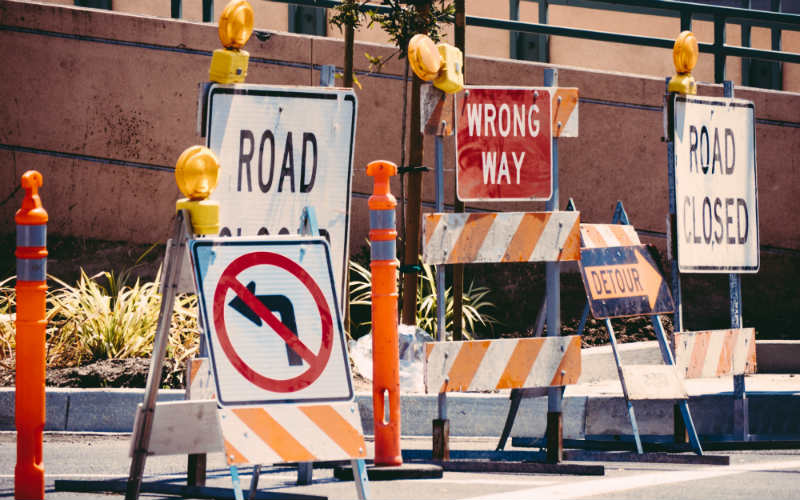The upfront costs of a pet like the initial purchase or adoption fee, desexing, etc are what spring to mind for most of us. And while these costs can be significant, there are ongoing costs to consider before taking the plunge and buying a pet. It’s not as if pets cost as much as a house – they’re comparatively far more affordable than that (goldfish in particular I might add).
According to ASIC, the average pet owner will fork out between $3,000 and $6,000 in the first year, and just over $1,000 for every year after that.
Here’s our financial breakdown of how much it will cost you to buy that cute four-legged friend.
How much does it cost to get a dog or a cat?
Adoption/purchase fees
If you’re interested in a pedigree or designer pooch from a licensed breeder, it’s safe to say the initial cost will be big. A purebred French bulldog puppy is around $3,500 – $4,000. And what about cats? If you’ve got slightly more obscure taste and it’s a miniature alien, I mean, a sphynx cat you really want, it will cost you over $2,000. And they don’t even have fur.
Unless you get your pet for free from a family member or a friend, adoption may be a cheaper option. According to the RSPCA, adoption fees are usually below $500.
As you can see, the cost varies considerably depending on the breed you want and where you buy your pet from. If you’re sticking to a budget, it may be helpful to keep an open mind about the breed of dog or cat you want and consider adopting one from a shelter instead.
Estimated cost: Under $500 if you adopt and as much as $4,000+ to buy.
Vet fees
Once you’ve purchased or adopted your new bundle of fluff (unless you bought a sphynx cat), you will need to be the responsible pet owner you now are and take it to the vet.
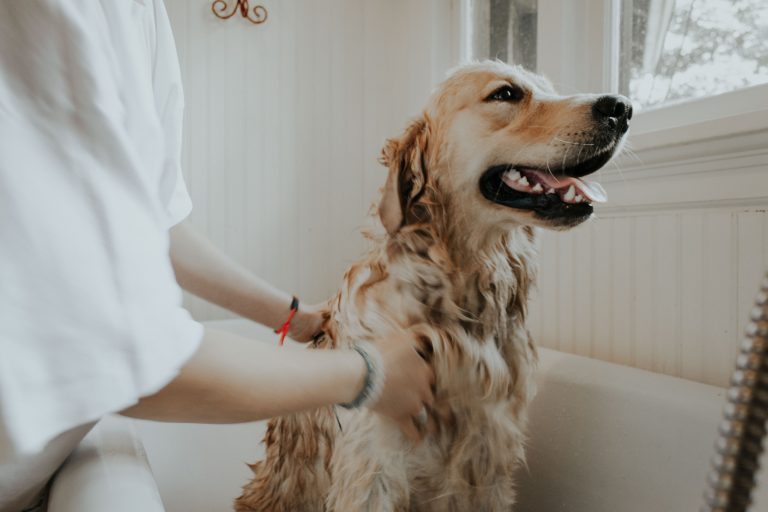
Photo by Autri Taheri on Unsplash
At this point, there are a handful of procedures owners typically choose to have done which can include desexing, microchipping and vaccination. If you adopted your pet from the RSPCA, in some cases they will have already taken care of these procedures when the animal came to the shelter.
Estimated cost: Potentially $0 if you adopt, and up to $1,000 if you buy your pet.
Council registration fees
Most councils in Australia require you to register your dog with them. Registration fees can range from around $50 for a de-sexed ‘regular-breed’ dog, while it can be as much as $500 for a ‘restricted’ breed or ‘menacing’ dog.
Depending on where you live in Australia, you may have to pay a cat registration fee to your local council. Some states require you to register your cat if it’s over three months old, while others may not require them to be registered at all.
Because the rules vary depending on states, it’s a good idea to double check with your local council.
Estimated cost: Between $50-$500 for dogs and anywhere between $30 and $200 a year for cats.
Accessories
If that isn’t enough, you also have to commit to keeping your new furry friend entertained. Puppies and kittens aren’t going to entertain themselves, so you’ll need to supply them with chew toys, scratching posts, playpens, collars, food bowls, etc.
Some people are quite happy to splurge on their pets and spoil them with all kinds of stuffed toys and accessories. But in terms of the bare essentials, you’ll need to cover the following.
| Cat | Dog |
|---|---|
| Scratching post | Dog bed |
| A collar and bell | Leash |
| Tray and litter | Food and water bowls |
| Carry cage and bed | A handful of stuffed toys |
| Toys and treats | A winter coat |
| Name tag | Carry cage (for small breeds) |
Estimated cost: This is one of those areas where the costs can vary wildly depending on how much you want to splurge on your pet, but expect to spend up to $500 to cover the essentials.
Ongoing costs of owning a dog or a cat
Buying a pet is just the beginning! Once you’ve covered all the initial important costs, you’ll find that owning a pet comes with a lot of ongoing expenses like food, vet checkups, and pet insurance to think about.
Pet insurance
Pet insurance can help to cover the cost in the event your pet is sick or injured. If you’ve got a breed of dog or cat that’s particularly prone to developing health problems down the track, it might be wise to take out pet insurance. The cost of pet insurance will vary depending on the breed of your pet and their age. But make sure you thoroughly consider the ins and outs of what’s covered by the policy before you sign up. Like other types of insurance, there can be many exclusions.
Estimated cost: Between $400 and $1,110 per year.
Food
This is the big expense a lot of people struggle with. Let’s say you have a dog that lives for 14 years. ASIC suggests that the average cost of dog food is around $622 per year, which means that over the dog’s lifetime you’ll probably have to spend around $8,708 just on food alone. Cats are a bit cheaper, at around $576 a year, but they do tend to live longer than dogs, so the costs may work out to be around the same over their lifetime.
These costs don’t even include snacks or treats, so food is definitely a large cost that will accumulate over time.
Estimated cost: Upwards of $500 a year.
Vet visits
Dogs and cats require routine vet visits for checkups and vaccinations. This will probably increase as your pet gets older and develops health problems. The cost of these vet visits will vary depending on your vet and whether or not you have pet insurance, but ASIC estimates the average yearly cost for dogs is $397 and for cats is $273.
Dogs need protection from kennel cough, heartworm, and rabies, among other things, while cats need to be tested for feline leukemia.
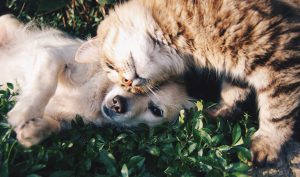
Photo by Krista Mangulsone on Unsplash
You may also face additional costs if you choose to get a dog or cat with unique health problems, such as pugs or flat-faced cats who suffer breathing problems and are more susceptible to conditions like heat stroke.
Estimated cost: Upwards of $270 a year.
Grooming
Because cats are pretty good at grooming themselves, cat owners may not need to stress about the maintenance of their cat as much as dog owners – but they can still benefit from regular grooming. Unless you enjoy having your skin and furniture scratched to bits, your cat’s claws will need to be trimmed regularly.
Dogs usually require a little more TLC in the grooming department, as they can develop health problems from a lack of proper grooming, such as dental disease, matted fur, and dry, flaky skin.
Estimated cost: Upwards of $50 a year.
How to save money on the cost of owning a pet
If these prices are scaring you away from pet ownership, there are some ways you can claw back some of these costs.
Instead of buying your pet from a breeder, consider adopting one from your nearest animal shelter instead. They will often have puppies and kittens up for adoption, as well as adult animals if that’s your preference. Plus, these animals have often already been vaccinated, desexed and wormed, which could save you money on the initial vet fees.
Taking out pet insurance may hurt you in the hip pocket initially, but could provide much-needed cover for any unexpected medical expenses – which could end up saving you money in the long run.
While it may be harder to cut costs on food (especially if you’ve got a big dog like a Great Dane!) you can buy pet food in bulk as the price usually comes down the more you buy.
Keeping your pet healthy and within an appropriate weight range will also help you avoid much bigger bills for preventable, and often expensive, obesity-related health issues down the track.
What are the financing options for your pet?
Pet ownership can lead to all sorts of planned and unplanned expenses that could make a mess of your household budget. If you’ve exhausted your savings, there are a couple of options for funding these expenses you can consider.
Unsecured personal loans
Unsecured personal loans give you the option of financing without needing to use an asset as security. Because there’s no asset used as security for the loan, the interest rates for these loans tend to be higher than secured loans.
Credit cards
If, like 70% of the Australian population, you have a credit card, you can consider putting some of the costs on this card if you don’t have the funds available. A lower interest rate credit card may be a better option if you don’t plan on paying off your total balance straight away.
Savings.com.au’s two cents
As you can see, pets are expensive, so it’s a good idea to weigh up all the costs involved before bringing your furry companion home. In particular, keep in mind that as your pet gets older, you may incur increased costs if your pet develops health issues as it ages.
At the end of the day, it’s up to you to decide if you can afford to buy a pet. But think carefully before you get all heart-eyed over that adorable sausage dog. Take your financial situation into account and remember that buying a pet is a lifelong financial and emotional commitment that you should only take on when you’re ready – definitely not a spur of the moment decision.
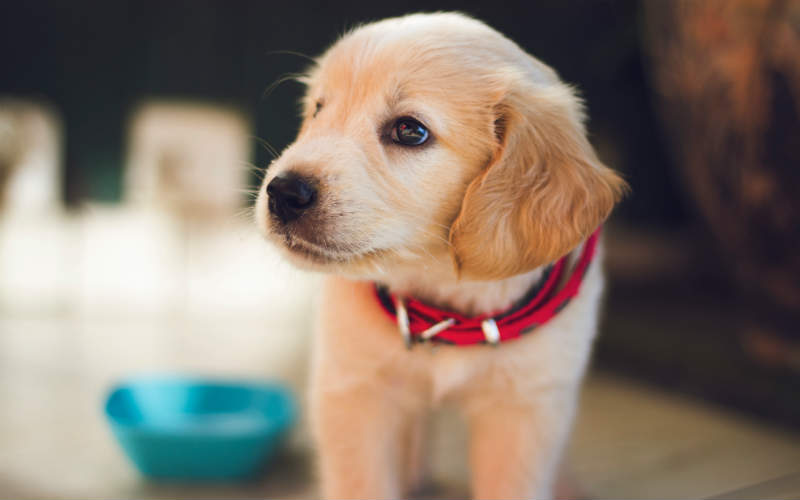

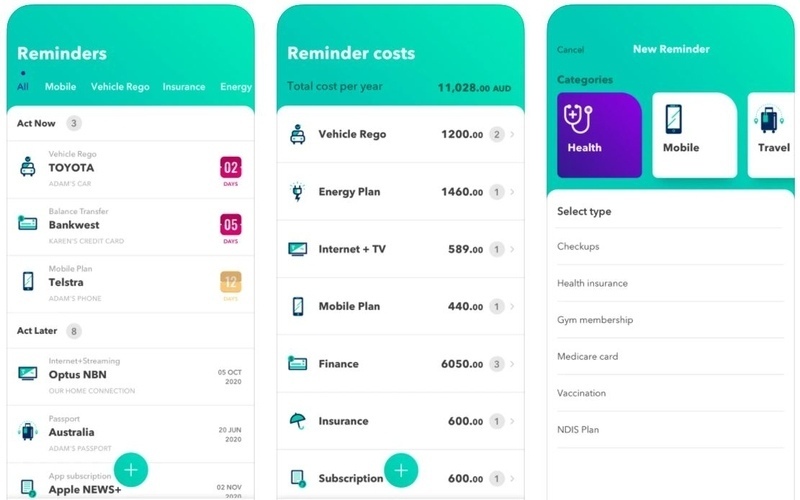
 William Jolly
William Jolly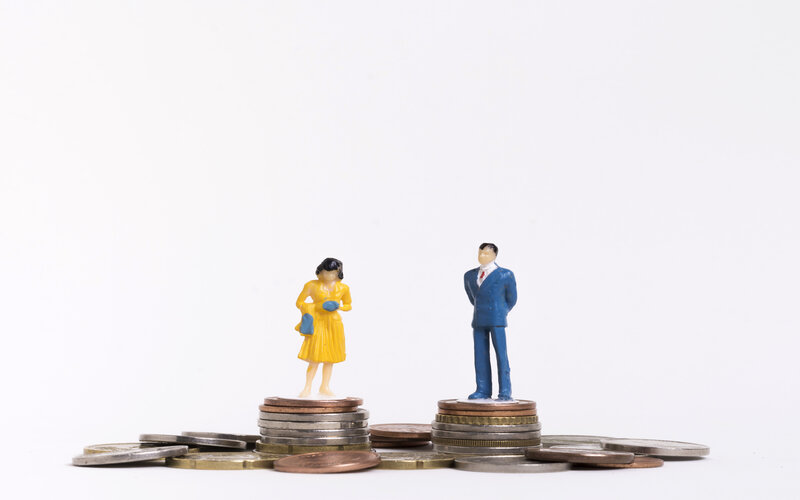
 Hanan Dervisevic
Hanan Dervisevic